
Suboxone (buprenorphine/naloxone) is indicated for the treatment of opioid dependence in adults. Suboxone should not be taken by individuals who have been shown to be hypersensitive to buprenorphine or naloxone as serious adverse reactions, including anaphylactic shock, have been reported. Taking Suboxone (buprenorphine/naloxone) with other opioid medicines, benzodiazepines, alcohol, or other central nervous system depressants can cause breathing problems that can lead to coma and death. Other side effects may include headaches, nausea, vomiting, constipation, insomnia, pain, increased sweating, sleepiness, dizziness, coordination problems, physical dependence or abuse, and liver problems. For more information about Suboxone (buprenorphine/naloxone) see Suboxone.com, the full https://ecosoberhouse.com/ Prescribing Information, and Medication Guide, or talk to your healthcare provider.
What are some self-help techniques for staying sober without AA?
Whether this is some sort of spiritual program, giving back to your community, getting involved in recovery activism, is all up to you. According to addiction specialists and Alcoholics Anonymous’ Big Book, up to 75% of members stay abstinent or remain sober after relapses. Disulfiram is a medication that causes unpleasant side effects when alcohol is consumed, acting as a deterrent for drinking. It works by blocking the enzyme acetaldehyde dehydrogenase, which is responsible for breaking down alcohol in the body.

The Relationship Between Bipolar Disorder and Addiction
- The advantages of family therapy include a nurturing, non-judgmental atmosphere, a focus on personal accountability and self-direction, and a network of peers who are also in recovery.
- In addition to connecting with others in recovery, Sober Grid offers a digital library of mental health resources, peer support coaching, and digital therapeutics.
- A 2002 study with 279 people compared AA or similar 12-step programs with other forms of psychosocial treatment.
- And as if that weren’t enough, the stigma around methadone was reinforced regularly.
- It can help to have a trusted confidant or two with whom you can share your struggles, successes, and revelations.
- It consisted of people ruminating on some of the horrors of the past and reflecting on where they’d been, some of the mistakes they’d made and how awful things were.
By joining these communities, you can share your experiences, gain insights from others facing similar challenges, and access resources to help you stay sober. In addition to alcoholism connecting with others in recovery, Sober Grid offers a digital library of mental health resources, peer support coaching, and digital therapeutics. While the app offers valuable support and connections, it’s important to remember that it should not be considered a substitute for professional help and counseling. Regular sessions with your therapist can help you gain a better understanding of yourself and your emotions, providing tools to help you work through personal issues and mental health concerns.
Achieving Long-Term Sobriety: Sober Without AA Alternatives
- Alcoholics Anonymous, and many older treatment programs, emphasize total abstinence from drinking as the only solution.
- Some key takeaways to keep in mind include finding a support system that works for you, whether it be therapy, online forums, or support groups.
- Our licensed clinicians can prescribe Food and Drug Administration-approved naltrexone for AUD.
- One of the critical steps in your journey towards sobriety is seeking professional help and support.
- Ria Health offers several FDA-approved medications for alcohol use disorder.
- Rehab programs are the right choice for some people, but they can be too expensive for others.
This support group offers a welcoming community and a comprehensive approach to addiction recovery, incorporating mindfulness and meditation techniques to help you cope with other unexpected life events. To learn more about Refuge Recovery and access their wealth of resources, visit their website, blog, and online meetings, or explore their worldwide centers. It offers a variety of tools and techniques, such as meditation, mindfulness, and the Four Noble Truths, to help individuals overcome addiction. Refuge Recovery also has an online community where members can connect and support each other. It is important to note that staying sober without AA does not mean you are alone in your recovery journey. There are many resources available to help you stay on track and prevent relapse.
- Online forums and social media groups dedicated to sobriety and recovery can provide valuable support and connection during your journey.
- They include therapy, motivational coaching, other support groups, mindfulness-based approaches, online alcohol support groups, and alcohol reduction apps such as Reframe.
- I strongly prefer uplifting support and if I had my way, would want to talk more about strategy than how bad things can or could get.
- Sober living programs are a great alternative for those seeking a structured environment to support their recovery.
- Many more modern “sobriety programs” exist that are suitable solutions for people seeking sobriety with others without the issues mentioned above, such as SMART Recovery.
“Acamprosate, marketed under the brand name Campral, is an orally administered drug available by prescription in the U.S. and throughout much of the world for treating alcohol dependence. It targets neurotransmitters involved in alcohol dependence, such as glutamate and GABA, providing support for a successful recovery journey. The primary advantage of Naltrexone is its ability to decrease cravings for alcohol and aid in avoiding relapse. Additionally, it can help lower the risk of overdose in opioid users.
- Whenever you get a craving, distract yourself by doing something you enjoy, like watching TV, learning a new hobby, or cooking a meal.
- One of the challenges of getting sober with AA is about willpower.
- Their program teaches skills that can help you stay motivated in your sobriety and cope with cravings.
- Options like naltrexone and disulfiram have been around for several decades, and there are now half a dozen effective choices in total.
Continuing the Recovery Process

I know these things are true because I have sat in rooms around the world and listened, for hundreds of hours, to the experiences others have had with alcohol. I’ve seen what it does to their bodies, families, and livelihoods. I experienced it myself over years of painful accidents, depression, and near-death alcohol withdrawal.
Medication-assisted treatment, cognitive behavioral therapy, healthy lifestyle changes, rehabilitation centers, and professional counseling are all effective methods for managing substance use disorders. In the absence of alcohol, developing healthy coping mechanisms is essential for effectively managing stress and emotions. Practice deep breathing exercises, mindfulness techniques, or journaling to express your feelings and thoughts. Regular exercise releases endorphins, serving as a natural mood booster and providing a healthier outlet for emotional release.

Building a Strong Support System
Start by talking to a doctor to make sure it is safe for you to go through withdrawal without medical care, and create a list of people to how to stay sober without aa call just in case. If you think you can stick with it, creating a tapering schedule and gradually reducing how much you drink is usually the best approach. If you plan to quit cold turkey (all at once), make sure you are well-stocked with everything you’ll need for the week—withdrawal can make you feel very ill. One of the challenges of getting sober with AA is about willpower. 12 step philosophy emphasizes surrendering control to higher power.
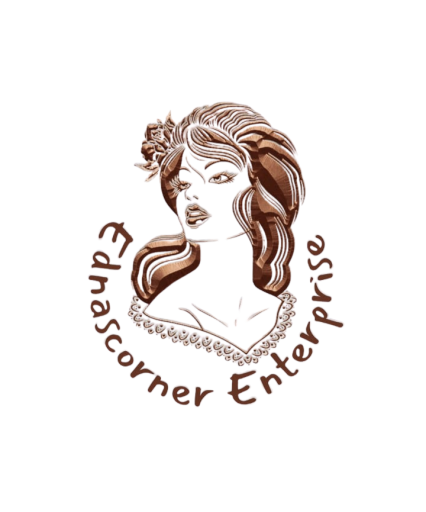












 School Item
School Item
 Bag
Bag Jewelry
Jewelry Footwear
Footwear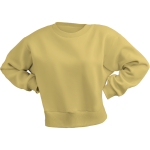

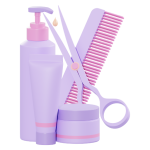
 Hair Extension
Hair Extension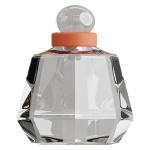 Perfume
Perfume
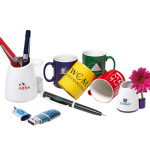
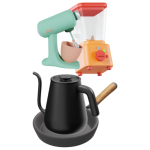
 Appliance
Appliance